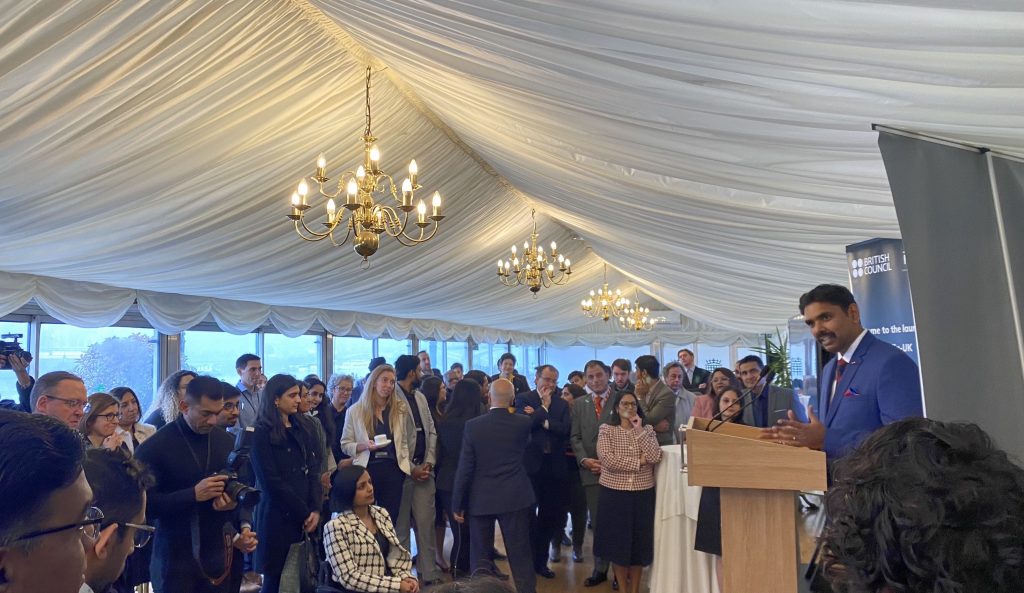UK uni closes Sep ’23 postgrad courses early
A UK university has closed international applications to some of its courses beginning in September 2023 due to high demand.
The University of Bradford, which had 1,815 international students in the 2020/21 academic year, said it had seen an increase in overseas interest in postgraduate taught courses since the pandemic.
The university has now closed applications to some of these courses including International Business and Management, Human Resource Management and Social Work.
Bradford said demand was in part driven by its “outstanding” reputation for teaching and the support it puts in place for new international students. The top three countries for applications are India, Pakistan and Nigeria.
“We are actively developing new markets to support our diversity and inclusion agenda,” a spokesperson from the university said.
Normal application deadlines vary across universities, with many remaining open until September for autumn intake postgraduate courses. However, growing international demand means universities are increasingly closing intakes earlier in the year as courses fill up more quickly.
Oxford Brookes University has also introduced a February deadline for international students wishing to apply to some of its postgraduate courses beginning in autumn 2023, including International Business Management, Finance and Marketing.
The university has an earlier application deadline across all of its courses for students from certain countries, including Bangladesh, Ghana, India, Nigeria and Pakistan. These students must apply by the end of April, while students from other countries have until May 31.
“It’s essential we accept the correct number of applications for converting to enrolment”
The University of Salford has paused applications to all of the courses offered by its business school to ensure it does not “over-recruit”.
“Like many other universities globally, we operate application windows. For our most popular courses, we have already had one application window for our September 2023 intake and we plan to open these again later in the year for the second round,” said Nancy Cooke, associate director of international development at the university.
“It’s essential we accept the correct number of applications for converting to enrolment and are able to process all applications in good time, so our students have as positive an experience as possible.”
The post UK uni closes Sep ’23 postgrad courses early appeared first on The PIE News.



